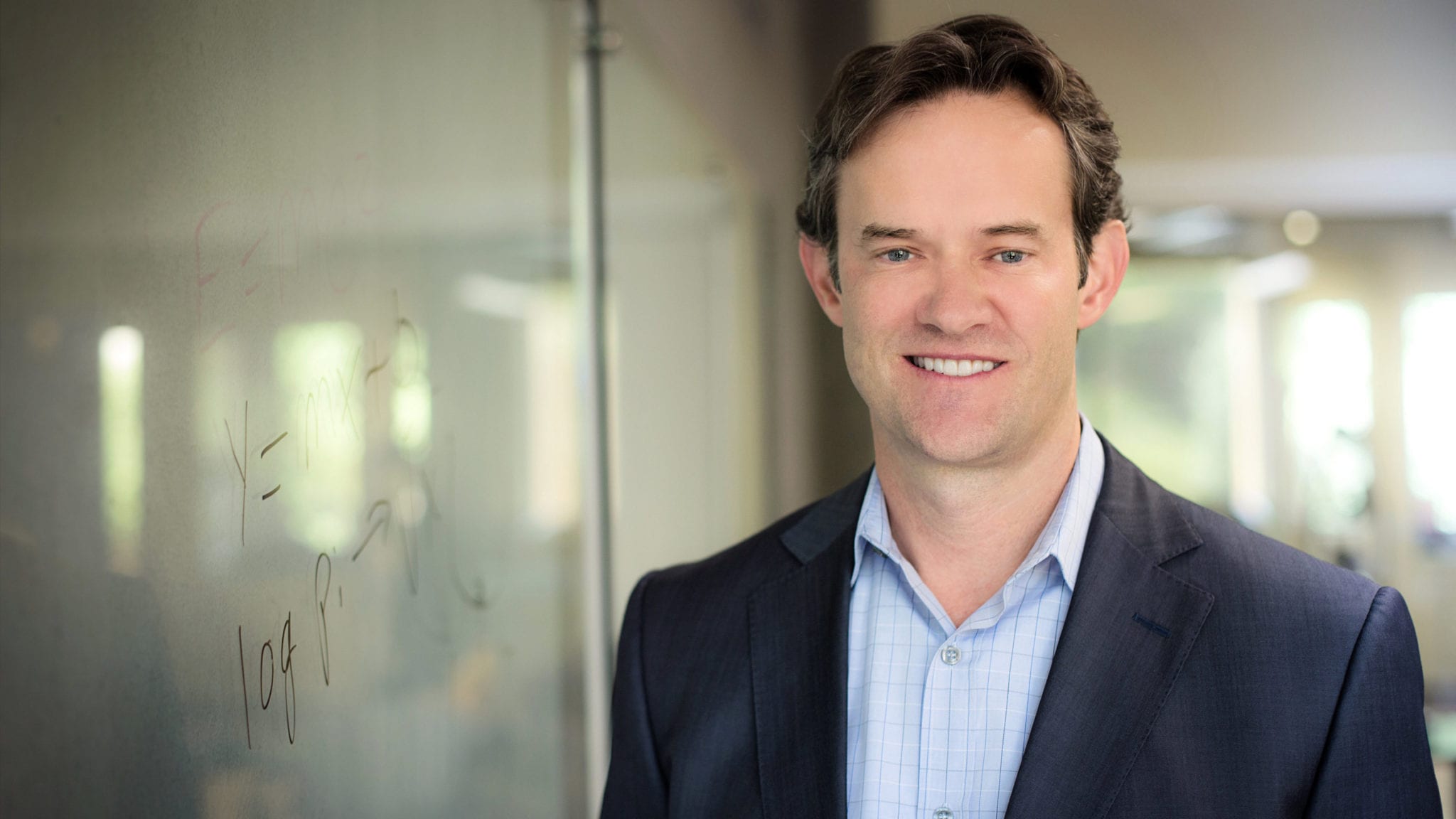
CEO Frederick Beddingfield (Kira)
Kira Pharmaceuticals emerges from stealth with $46M and new CEO to lead complement therapy mission
Frederick Beddingfield left Sienna Biopharmaceuticals last December, a few months after the struggling biotech filed for bankruptcy. The former CEO was planning to take some …
Sign up to read this article for free.
Get free access to a limited number of articles, plus choose newsletters to get straight to your inbox.